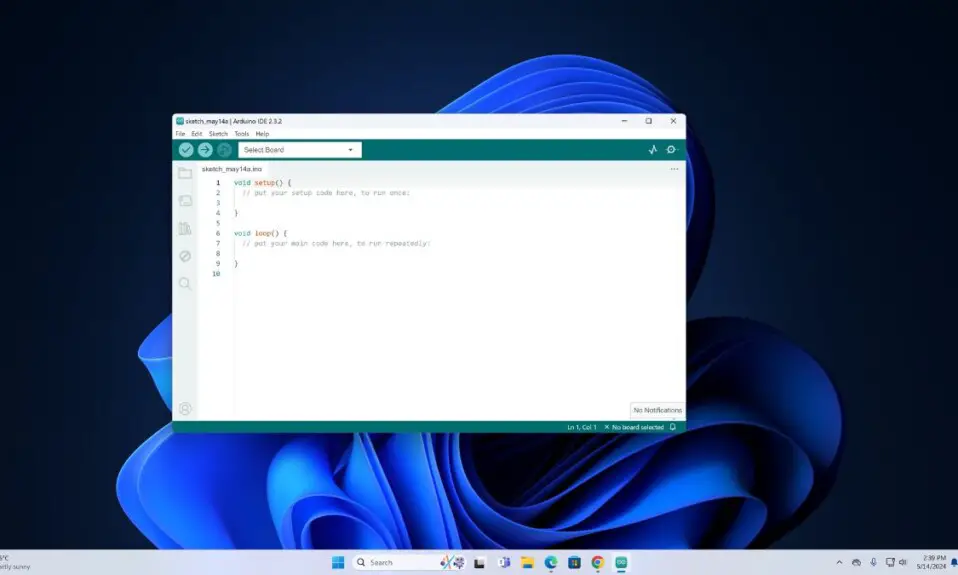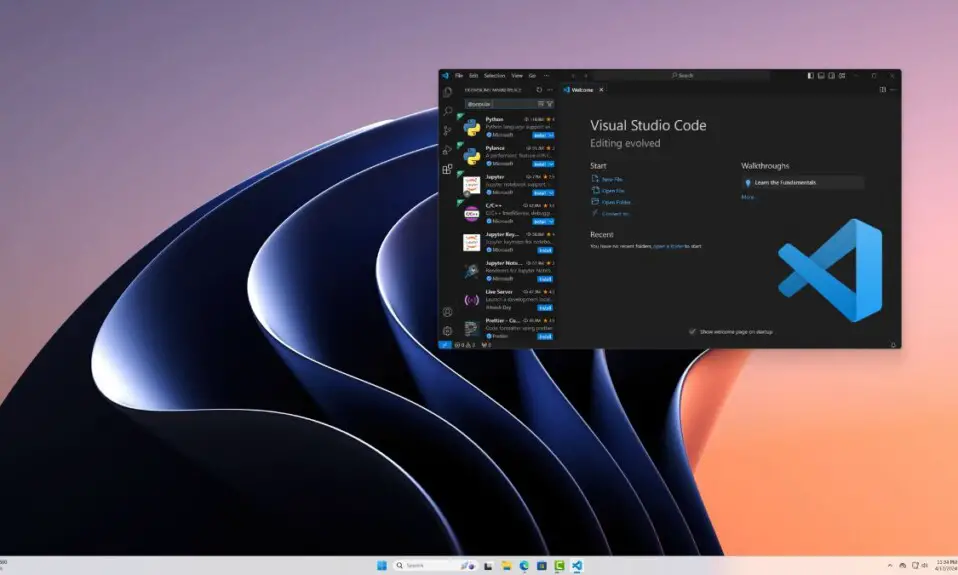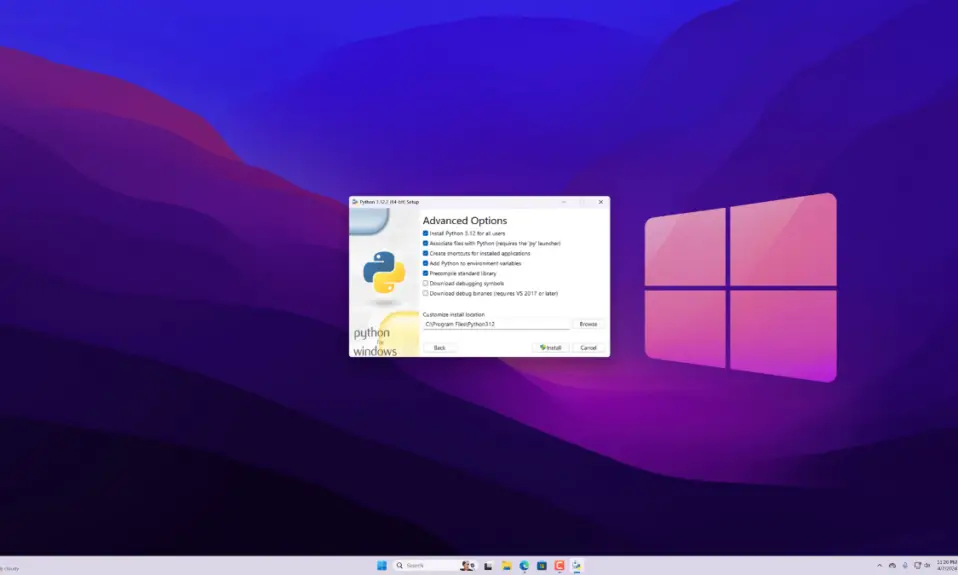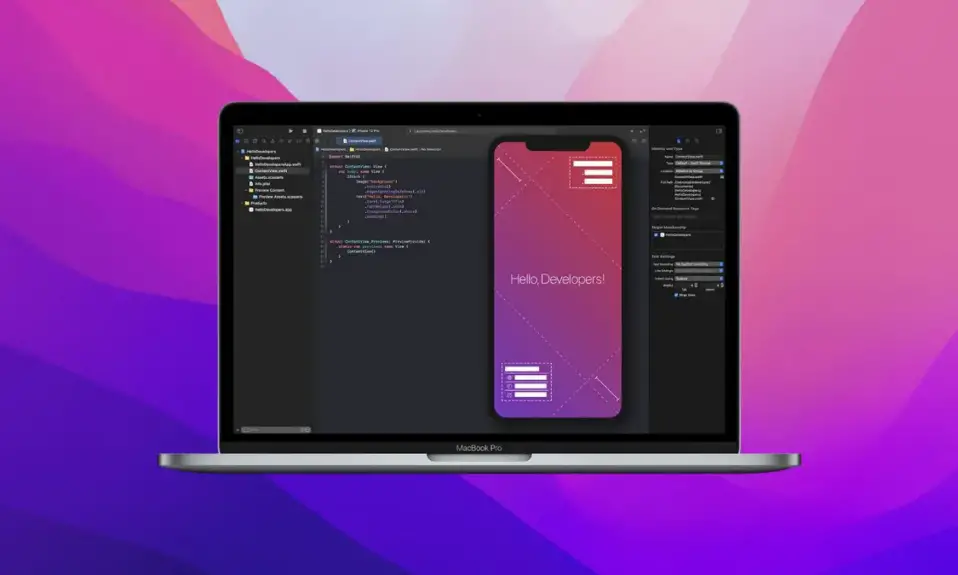
Ruby or Ruby on Rails is a model framework of the Ruby programming language, widely used by developers across the world. Major companies are utilizing Ruby. However, there are some points where it can disappoint you. Hence, many Ruby alternatives have emerged.
The slower boot speed of applications made by Ruby and the hard dependency on modules and components are areas of disadvantage. Over the past few years, Ruby has lost significant popularity due to the availability of some really good alternatives in the market.
Top 8 Alternatives of Ruby of Rails
Today, we will discuss the top 8 Ruby alternatives that you can consider in 2024. So, let’s start.
Following are some of the best Ruby alternatives. Let’s have a look.
1. Sinatra
Sinatra is one of the popular alternatives to Ruby as it provides a similar feeling. It is free, cross-platform, and open-source web application library software. It also offers a domain-specific language that matches a route request to its corresponding block of Ruby code. Blake Mizerany is the author of this framework.
K. Haase, who has written it in Ruby, is the developer of Sinatra. It depends on the Rack webserver interface and is smaller in size compared to other frameworks. It focuses on the quick creation of web applications with minimal effort, instead of following a model-view-controller pattern.
Sinatra is also known as a ‘micro-framework’ for its smaller size. If you want to develop an application without the complexity of a larger framework, this is the perfect choice for you.
2. Laravel
It is a free, open-source PHP web framework for developers who follow the model-view-controller architectural pattern. The developer of this framework is Taylor Otwell, and he developed it by Symphony. However, Laravel is one of the top frameworks for backend development available in the market.
Also, it offers features like Eloquent ORM, Query Builder, application logic, reverse routing, restful controls, and class autoloading. Laravel is an excellent choice for beginners.
It is quite helpful to perform simple database-related operations. However, for those who want to develop a simple web application with less complexity; Laravel is the choice for them.
3. Django
Django is a high-level MVC framework of Python. It is famous for its ease of use and speed. It is beginners’ friendly as it offers a large number of tutorials to the users.
The Django community is one of the top backend frameworks for web designing. Also, it encourages the developers to create a clean, pragmatic design. Developers are using Django widely in 2021 for its extraordinary speed and assistance in security.
The Django software foundation is the developer of this framework. It is popular for its lightweight, less use of code, and serialization system. Also, this serialization system helps to create and read XML and/or JSON representations. This is the perfect alternative for Ruby for the developers with the deadline.
4. Yii
Yii is an open-source, fast, secure, object-oriented PHP framework. It stands for ‘yes it is’, and it is a cross-platform framework. Also, it develops web applications using the MVC pattern.
Yii provides you with solid caching support and operates with a component-based architecture. Developers are also using Yii to develop various web applications of various sectors like eCommerce, CRM, portals, RESTful APIs, and much more.
Developers of Yii started this framework to fix the drawbacks of the PRADO framework. On the other hand, the drawbacks were the slow handling of complex pages, a steep learning curve, and difficulty in customizing many controls.
It offers a Model-view-controller design pattern, complex WSDL service, layered cashing scheme, error handling and logging, automatic code generation, and many more.
5. Express.js
Express.js simply known as Express is a back-end web application network. It helps to make apps with Node.js faster and more convenient. It is free and open-source software licensed under MIT license.
Developers of this framework are TJ Holowaychuk and members of StrongLoop company, US. They have also written this framework in Java. Authors have mentioned that Sinatra inspires it.
The advantage of Express.js over other frameworks is, that it gives the freedom and flexibility to the developers to use a library or package for certain tasks. They can also choose the library to organize their project. This is the better alternative to Ruby for developers working with MVC and API-based applications.
6. Restify
Restify is a Node.js web service-based framework optimized to create and design API web browsers. The team is the developer of this framework; they have clarified that Express.js inspires this framework.
But unlike Express.js, Restify aims to serve strictly API services that are conventionally maintainable and debuggable. However, it is still popular in the market as some of the market leaders are the users of it.
This list includes Netflix, Pinterest, and npm. These companies use Restify to empower their infrastructures. It is also a very good pick as the alternative to Ruby as Restify is gaining popularity very quickly among developers.
7. Flask
Flask is a micro web framework written in Python. It helps the developers to build web applications using Python and allows the scaling of more complex applications. Flask also does not require particular tools and libraries. Armin Ronacher is the developer of this framework.
It provides a lot of features like a development server and debugger, integrated support for unit testing, RESTful request dispatching, availability of Jinja template, support for secure cookies, and most importantly, Google App Engine compatibility.
Also, it allows the developers to choose the layout of a project. It supports extensions, so developers can include additional features. The popularity of Flask is rising among developers.
8. Koa
The same team that designed the Express.js is the developer team of Koa. According to the website Koa, it “aims to be a smaller, more expensive, and more robust foundation for web applications and APIs.”
This framework also allows users to avoid callbacks and improve error handling. It provides some methods to the users to write the servers simple, fast mad enjoyable. This is also a good alternative to Ruby, especially for developers who have deadlines.
Conclusion
Ruby is a powerful, efficient, and popular framework for web development, but sometimes, it fails to fulfill the demands of the users. You can go with the alternatives if you want to try them.









